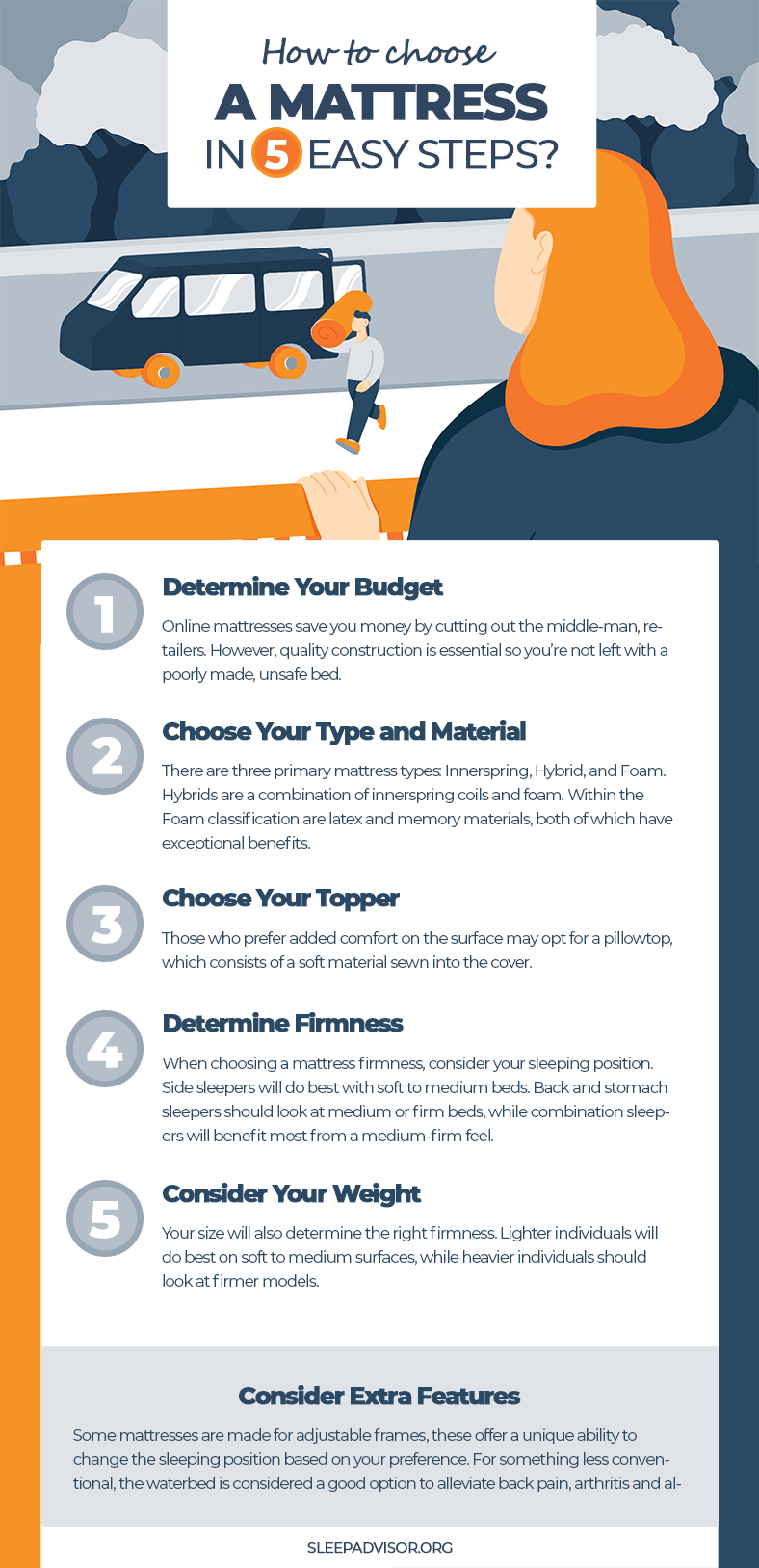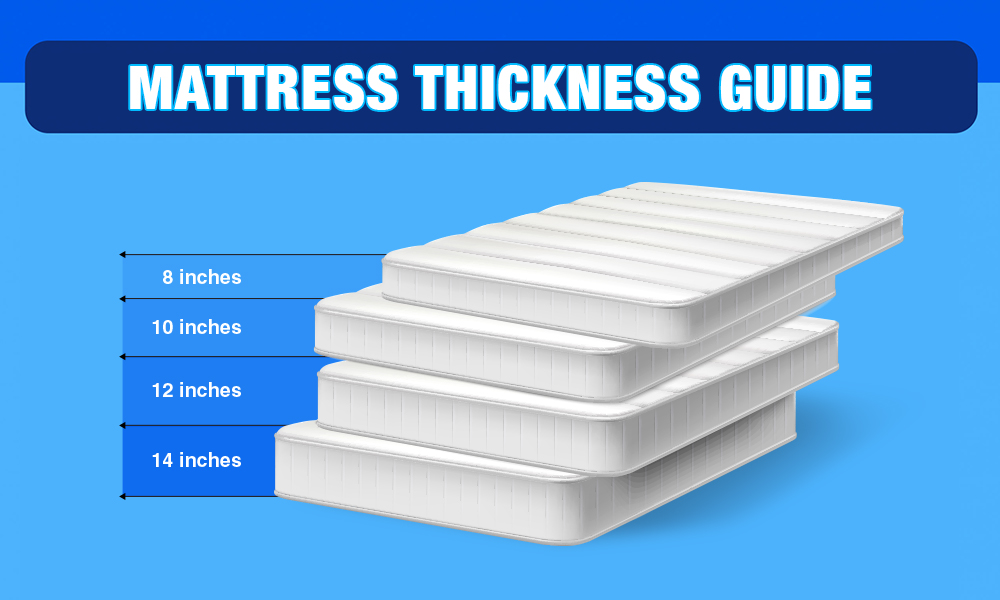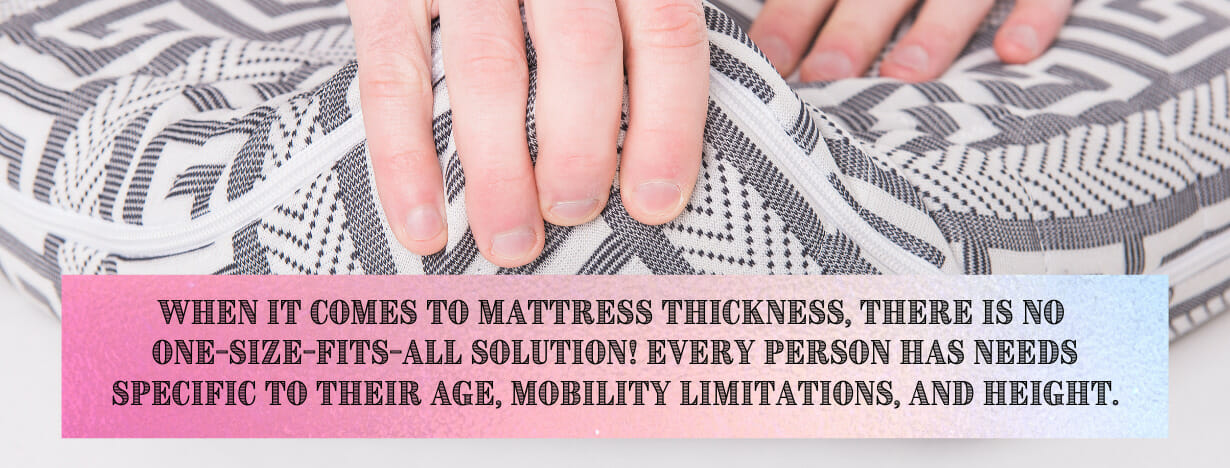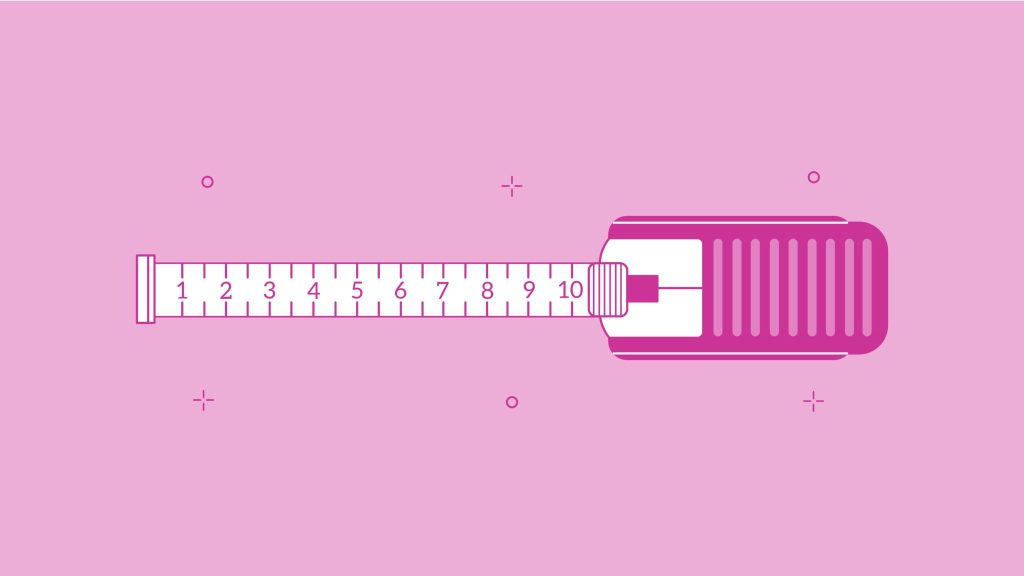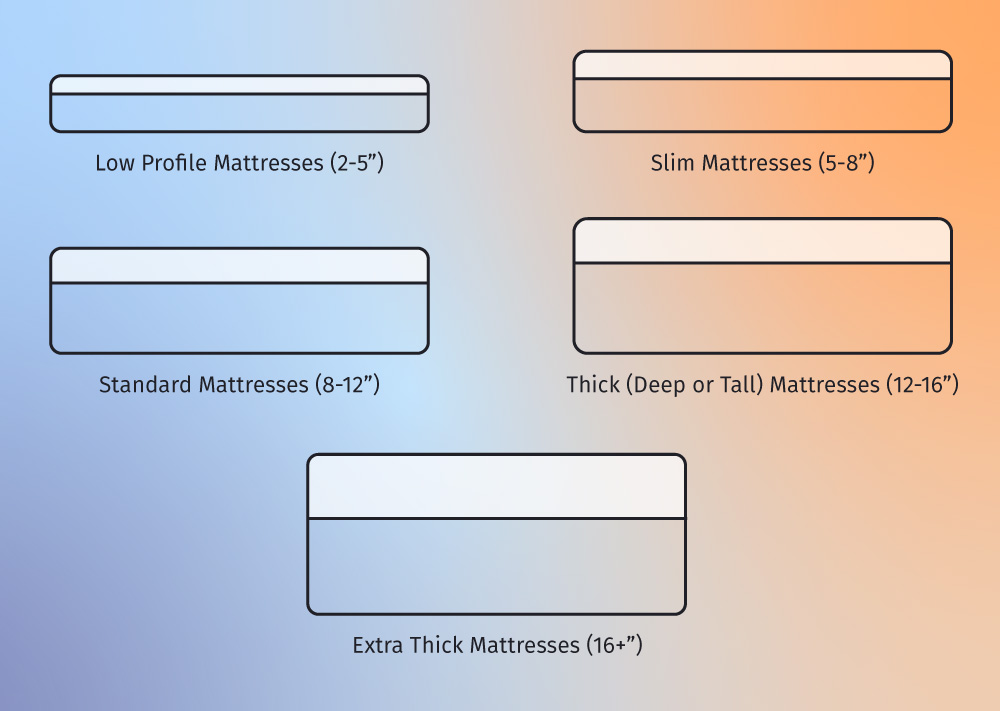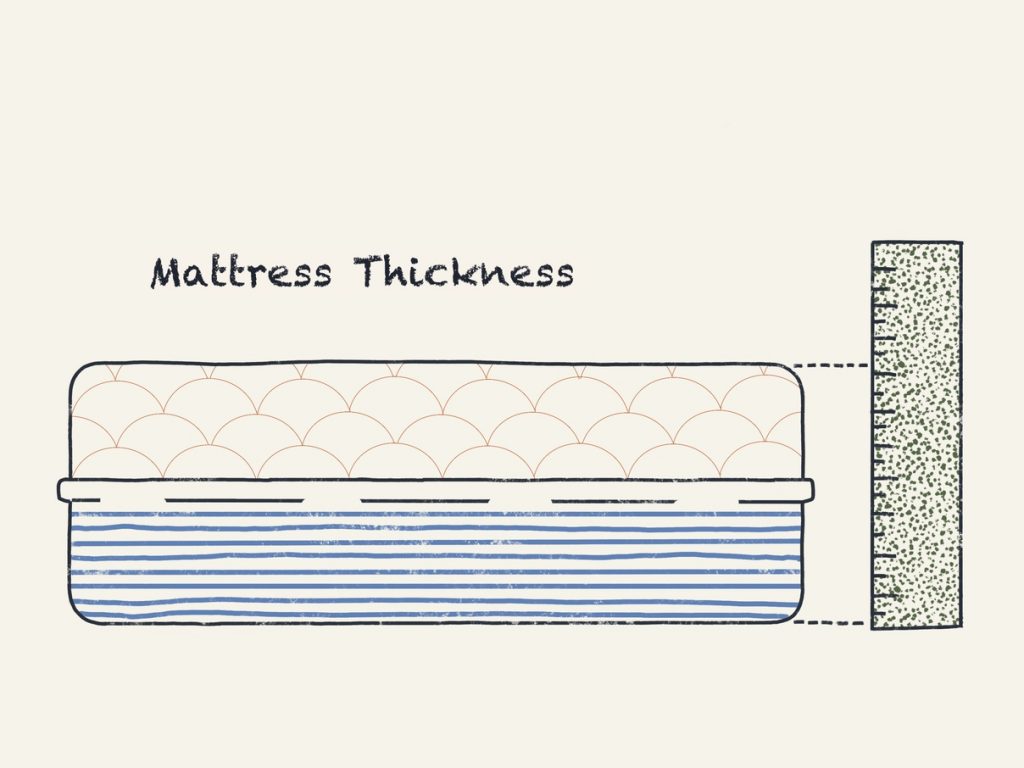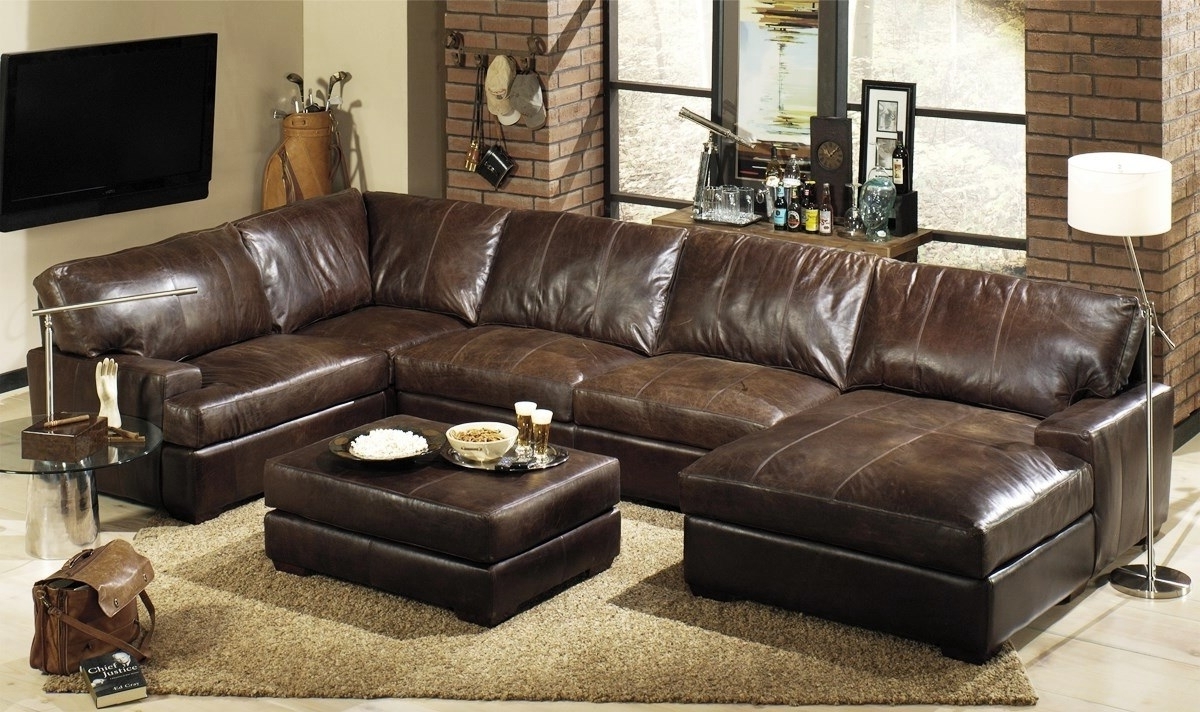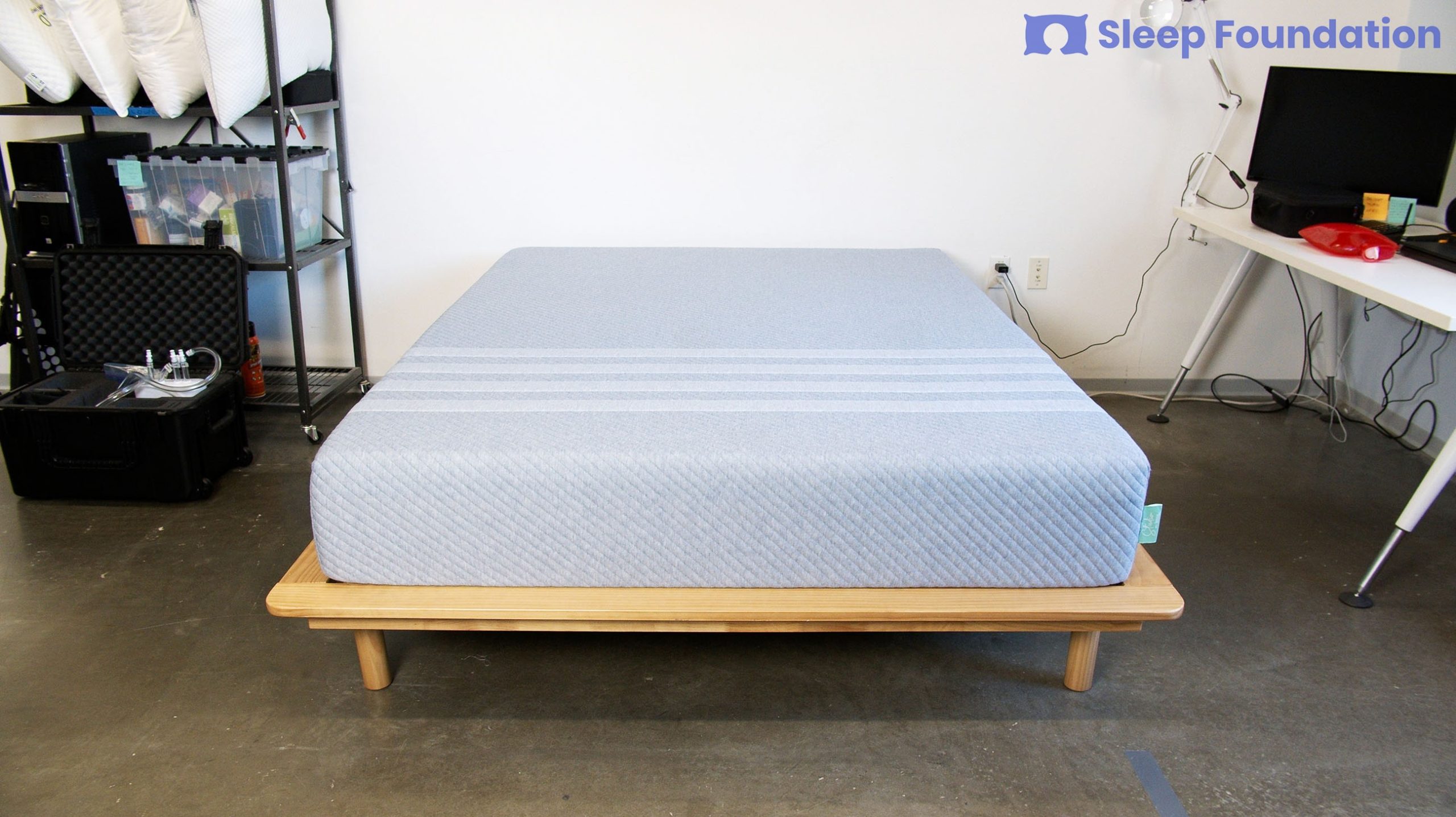1. How to Make Your Mattress Pad More Comfortable
If you've ever woken up with a stiff neck or aching back, your mattress pad may be to blame. While they are meant to add an extra layer of comfort and protection to your mattress, they can become uncomfortable over time. But fear not, there are ways to make your mattress pad more comfortable and extend its lifespan.
The first step is to evaluate your current mattress pad. Is it too thin? Too lumpy? Too hot? Identifying the issue will help you determine the best solution. If your mattress pad is too thin, consider adding a thicker pad on top. If it's too lumpy, try fluffing it up or investing in a new one. And if it's too hot, look for a cooling mattress pad to keep you comfortable all night long.
2. The Best Mattress Pads for Uncomfortable Beds
If your mattress pad is beyond repair, it may be time to invest in a new one. But with so many options on the market, how do you know which one is the best for your uncomfortable bed? Look for mattress pads with features like memory foam, gel-infused material, or adjustable firmness. These can help alleviate pressure points and provide a more comfortable sleep surface.
It's also important to consider the material of the mattress pad. Natural materials like cotton or bamboo are breathable and hypoallergenic, while synthetic materials like polyester can be more durable and affordable. Choose one that suits your needs and preferences.
3. Signs Your Mattress Pad Needs to be Replaced
Even with proper care, mattress pads can wear out over time. So how do you know when it's time to replace yours? One tell-tale sign is if you can feel the coils or lumps of your mattress pad through the sheets. This is a clear indication that it's lost its cushioning and needs to be replaced.
Another sign is if you find yourself waking up with aches and pains. This could mean that your mattress pad is no longer providing the support your body needs. If you're constantly tossing and turning to find a comfortable position, it's time to consider a new mattress pad.
4. Tips for Choosing the Right Mattress Pad for Your Needs
When shopping for a new mattress pad, there are a few things to keep in mind to ensure you choose the right one for your needs. First, consider the size and thickness of your mattress. You'll want to make sure the mattress pad fits snugly and doesn't slide around during the night.
Next, think about your sleeping preferences. Do you prefer a soft or firm sleep surface? Look for a mattress pad with the appropriate level of cushioning and support. You should also consider any allergies or sensitivities you may have and choose a hypoallergenic option if necessary.
5. How to Fix an Uncomfortable Mattress Pad
If your mattress pad is still in good shape but has become uncomfortable, there are a few things you can do to make it feel like new again. One simple solution is to fluff it up by putting it in the dryer on a low heat setting with a few tennis balls. This will help redistribute the filling and eliminate any lumps.
You can also try rotating or flipping the mattress pad to even out any wear and tear. And if the issue is that it's too hot, try placing a cotton or bamboo mattress pad on top to add a breathable layer.
6. The Benefits of Using a Mattress Pad
Mattress pads offer more than just additional comfort. They also provide protection for your mattress, preventing stains, spills, and wear and tear. This can help extend the lifespan of your mattress and save you money in the long run.
Additionally, mattress pads can provide a barrier against allergens and dust mites, making them a great option for those with allergies or asthma. They can also add a layer of warmth in colder months and coolness in warmer months, making your bed more comfortable throughout the year.
7. Mattress Pad vs Mattress Topper: What's the Difference?
You may have heard the terms "mattress pad" and "mattress topper" used interchangeably, but there are actually some key differences between the two. A mattress pad is generally thinner and more lightweight, meant to provide a layer of protection and slight cushioning. A mattress topper, on the other hand, is thicker and designed to add more significant support and comfort to your mattress.
If your main concern is making your mattress more comfortable, a mattress topper may be the better option. But if you're looking for added protection and a bit of extra cushioning, a mattress pad will do the trick.
8. How Often Should You Replace Your Mattress Pad?
On average, a good quality mattress pad can last anywhere from 3-5 years. However, this can vary depending on usage, care, and the quality of the pad itself. If your mattress pad is showing signs of wear and tear, it's probably time to replace it.
It's also important to regularly clean and maintain your mattress pad to extend its lifespan. This includes washing it according to the manufacturer's instructions and rotating it every few months to ensure even wear.
9. The Importance of a Good Mattress Pad for a Good Night's Sleep
We spend a third of our lives sleeping, so it's important to make sure our sleep surface is as comfortable and supportive as possible. A good mattress pad can make a significant difference in the quality of sleep you get each night. Not only does it provide a more comfortable sleep surface, but it can also help alleviate aches and pains and improve overall sleep quality.
Investing in a good mattress pad can also save you money in the long run by extending the lifespan of your mattress and potentially reducing the need for a new one.
10. How to Choose the Right Thickness for Your Mattress Pad
Mattress pads come in various thicknesses, so how do you know which one is right for you? It ultimately depends on your personal preference and the current state of your mattress. If your mattress is too firm, a thicker pad may be necessary to add more cushioning. But if your mattress is already on the softer side, a thinner pad may be all you need.
It's also important to consider the materials and construction of the mattress pad. A high-quality, well-constructed pad will typically provide better support and comfort, regardless of thickness.
Conclusion:
Don't let an uncomfortable mattress pad disrupt your sleep any longer. With these tips, you can easily make your current mattress pad more comfortable or find the perfect replacement. Remember to regularly assess the state of your mattress pad and replace it when needed to ensure a restful and comfortable night's sleep.
Why Your Mattress Pad Might be Causing You Discomfort

The Importance of a Comfortable Mattress Pad
 A good night's sleep is essential for our physical and mental well-being. And one key factor in achieving a comfortable sleep is a
mattress pad
. It acts as a protective layer between your body and the
mattress
, providing cushioning and support for a restful night's sleep. However, what happens when your mattress pad starts to cause discomfort instead of comfort? Let's dive in and explore some possible reasons.
A good night's sleep is essential for our physical and mental well-being. And one key factor in achieving a comfortable sleep is a
mattress pad
. It acts as a protective layer between your body and the
mattress
, providing cushioning and support for a restful night's sleep. However, what happens when your mattress pad starts to cause discomfort instead of comfort? Let's dive in and explore some possible reasons.
Wear and Tear
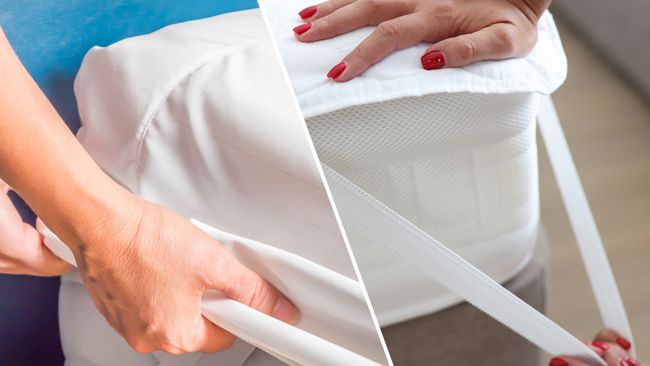 Just like any other household item,
mattress pads
can wear out over time. The constant weight and pressure from your body can cause the padding to compress and lose its shape. This can lead to uneven support and cause discomfort, especially if you have been using the same mattress pad for a long time. Additionally, daily wear and tear can cause the fabric to become thin and less supportive, resulting in a less comfortable sleep experience.
Just like any other household item,
mattress pads
can wear out over time. The constant weight and pressure from your body can cause the padding to compress and lose its shape. This can lead to uneven support and cause discomfort, especially if you have been using the same mattress pad for a long time. Additionally, daily wear and tear can cause the fabric to become thin and less supportive, resulting in a less comfortable sleep experience.
Wrong Size or Fit
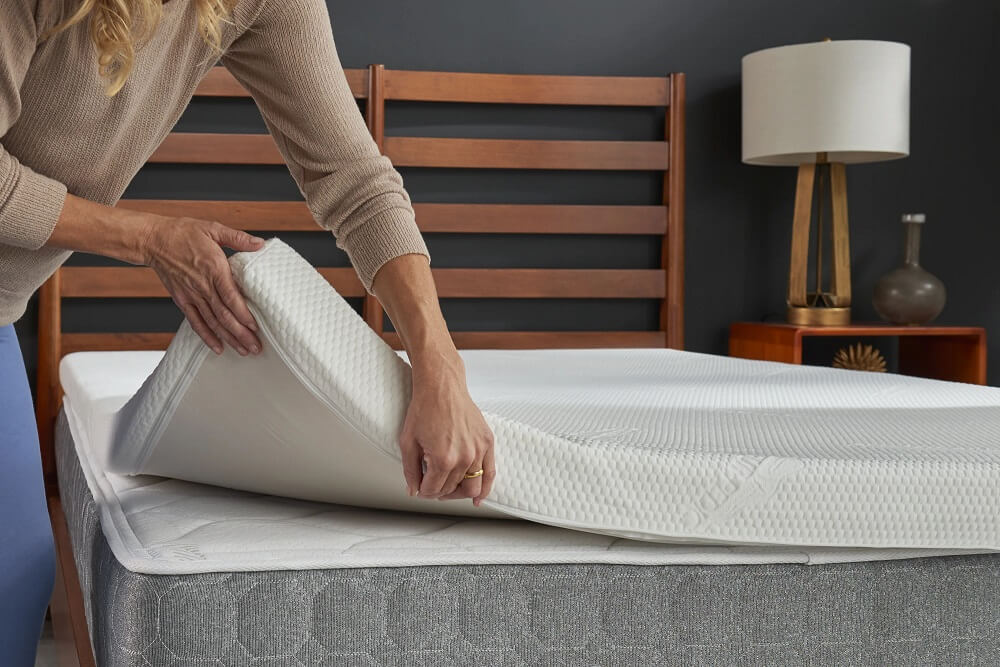 Another reason your
mattress pad
may be causing discomfort is if it is the wrong size or fit for your mattress. If the pad is too small, it can shift and bunch up, creating lumps and bumps that can be uncomfortable to sleep on. On the other hand, if the pad is too large, it may hang over the edges of the mattress, making it difficult to stay in place. It is essential to ensure that your
mattress pad
fits your mattress snugly to avoid any discomfort.
Another reason your
mattress pad
may be causing discomfort is if it is the wrong size or fit for your mattress. If the pad is too small, it can shift and bunch up, creating lumps and bumps that can be uncomfortable to sleep on. On the other hand, if the pad is too large, it may hang over the edges of the mattress, making it difficult to stay in place. It is essential to ensure that your
mattress pad
fits your mattress snugly to avoid any discomfort.
Quality of the Mattress Pad
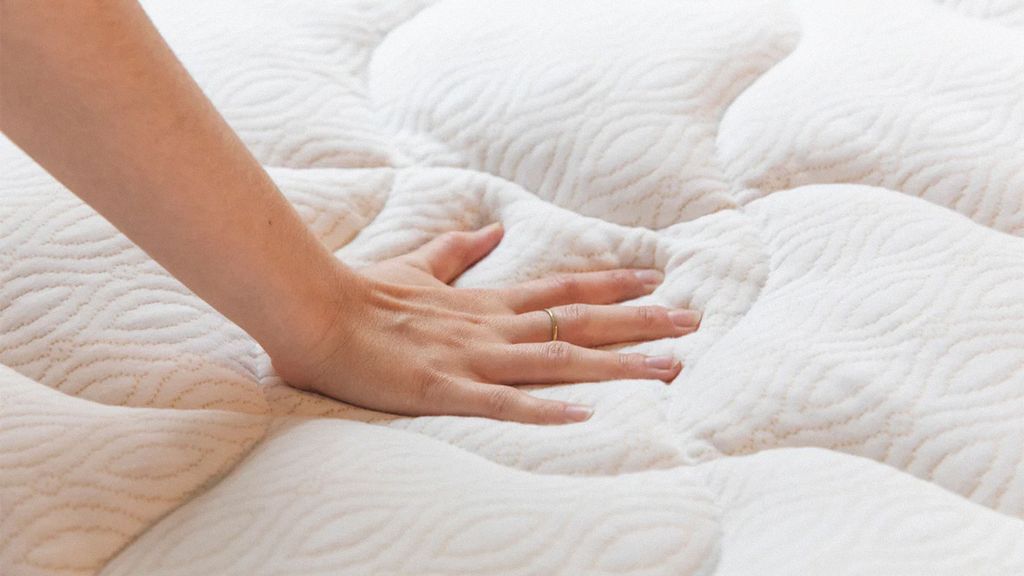 The quality of your
mattress pad
is also a crucial factor in determining its comfort level. Cheaper, low-quality pads may be made with materials that do not provide adequate support or cushioning, leading to discomfort. Investing in a high-quality
mattress pad
made with durable and supportive materials can make a significant difference in your sleep experience.
The quality of your
mattress pad
is also a crucial factor in determining its comfort level. Cheaper, low-quality pads may be made with materials that do not provide adequate support or cushioning, leading to discomfort. Investing in a high-quality
mattress pad
made with durable and supportive materials can make a significant difference in your sleep experience.
Allergies and Sensitivities
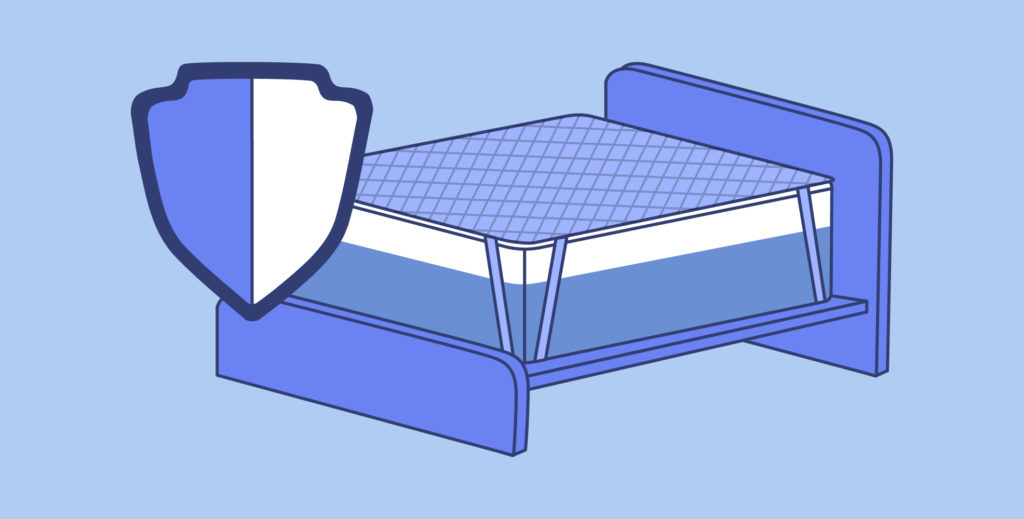 If you find yourself waking up with a stuffy nose or itchy skin, your
mattress pad
could be the culprit. Over time, dust mites, sweat, and dead skin cells can build up in your pad, triggering allergies and sensitivities. Regularly washing and maintaining your
mattress pad
can help prevent this buildup and keep it clean and comfortable to sleep on.
If you find yourself waking up with a stuffy nose or itchy skin, your
mattress pad
could be the culprit. Over time, dust mites, sweat, and dead skin cells can build up in your pad, triggering allergies and sensitivities. Regularly washing and maintaining your
mattress pad
can help prevent this buildup and keep it clean and comfortable to sleep on.
In Conclusion
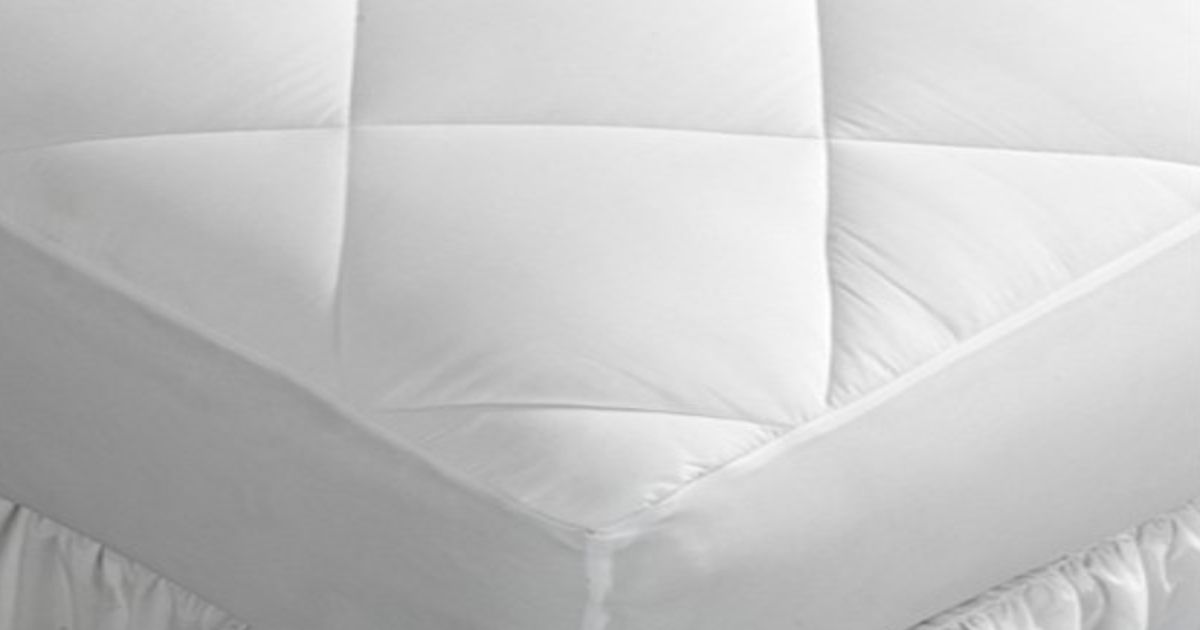 A
mattress pad
is an essential component of a comfortable and restful sleep experience. If you are experiencing discomfort, it may be time to assess the wear and tear, fit, and quality of your
mattress pad
. By addressing these factors, you can ensure your
mattress pad
provides the necessary support and cushioning for a good night's sleep.
A
mattress pad
is an essential component of a comfortable and restful sleep experience. If you are experiencing discomfort, it may be time to assess the wear and tear, fit, and quality of your
mattress pad
. By addressing these factors, you can ensure your
mattress pad
provides the necessary support and cushioning for a good night's sleep.




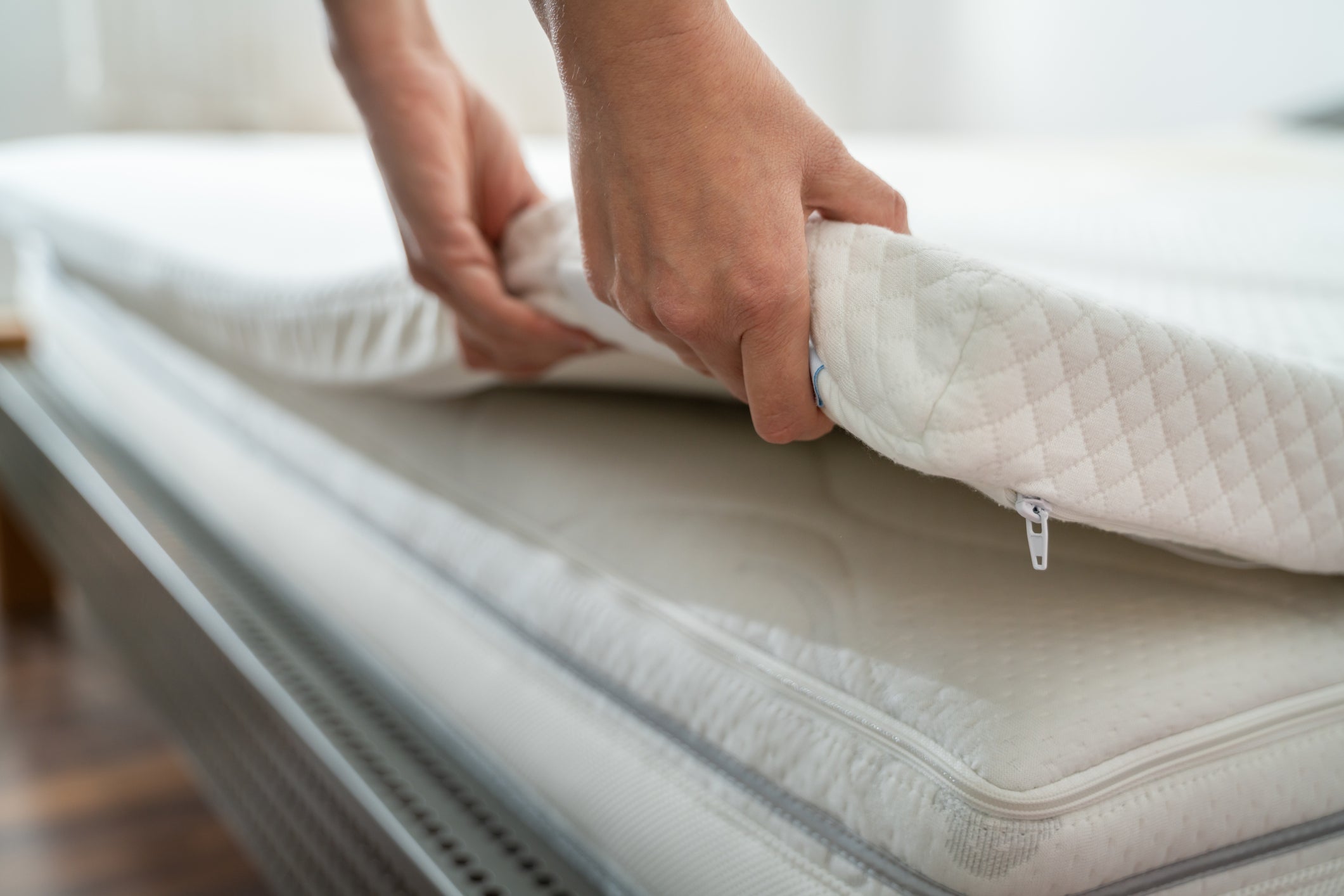


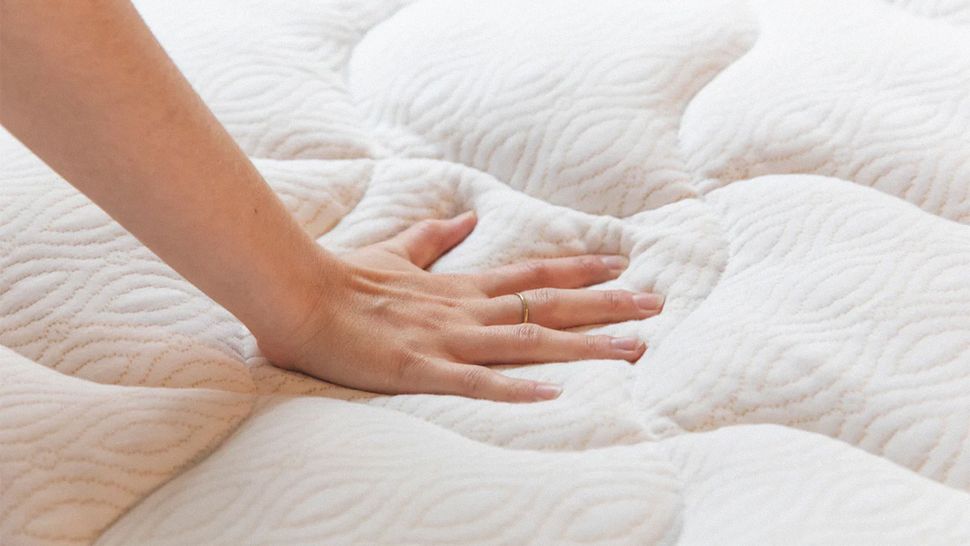


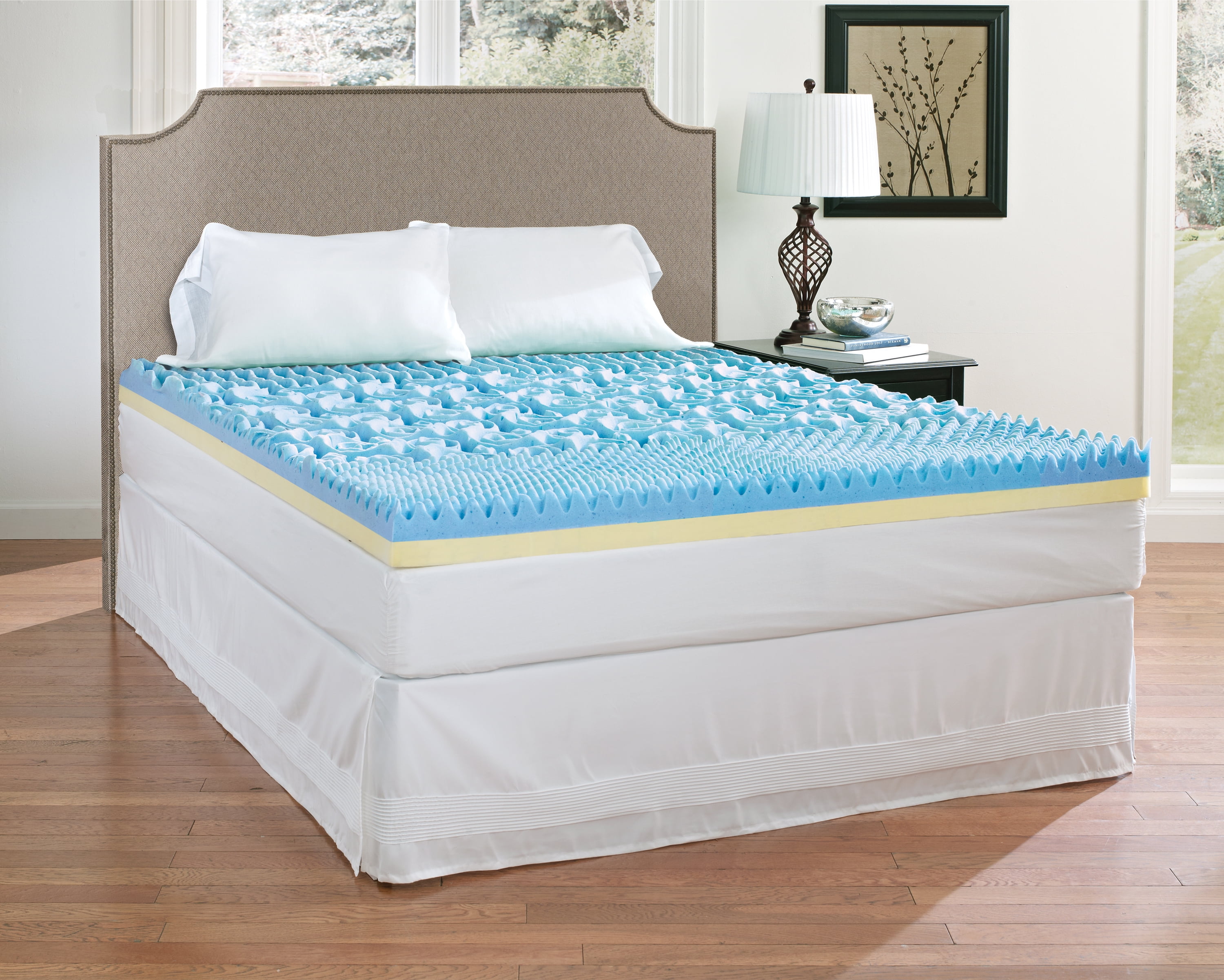



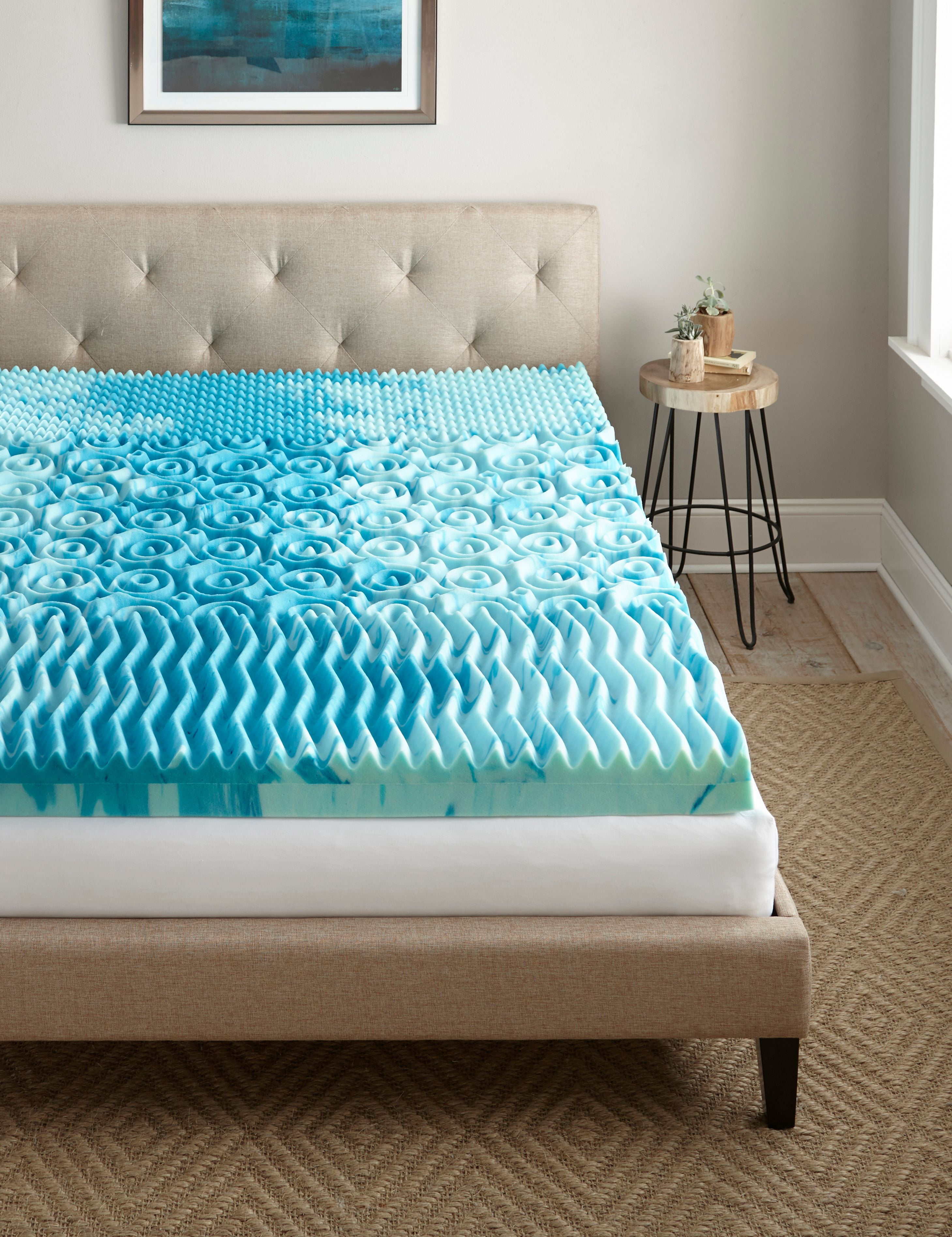



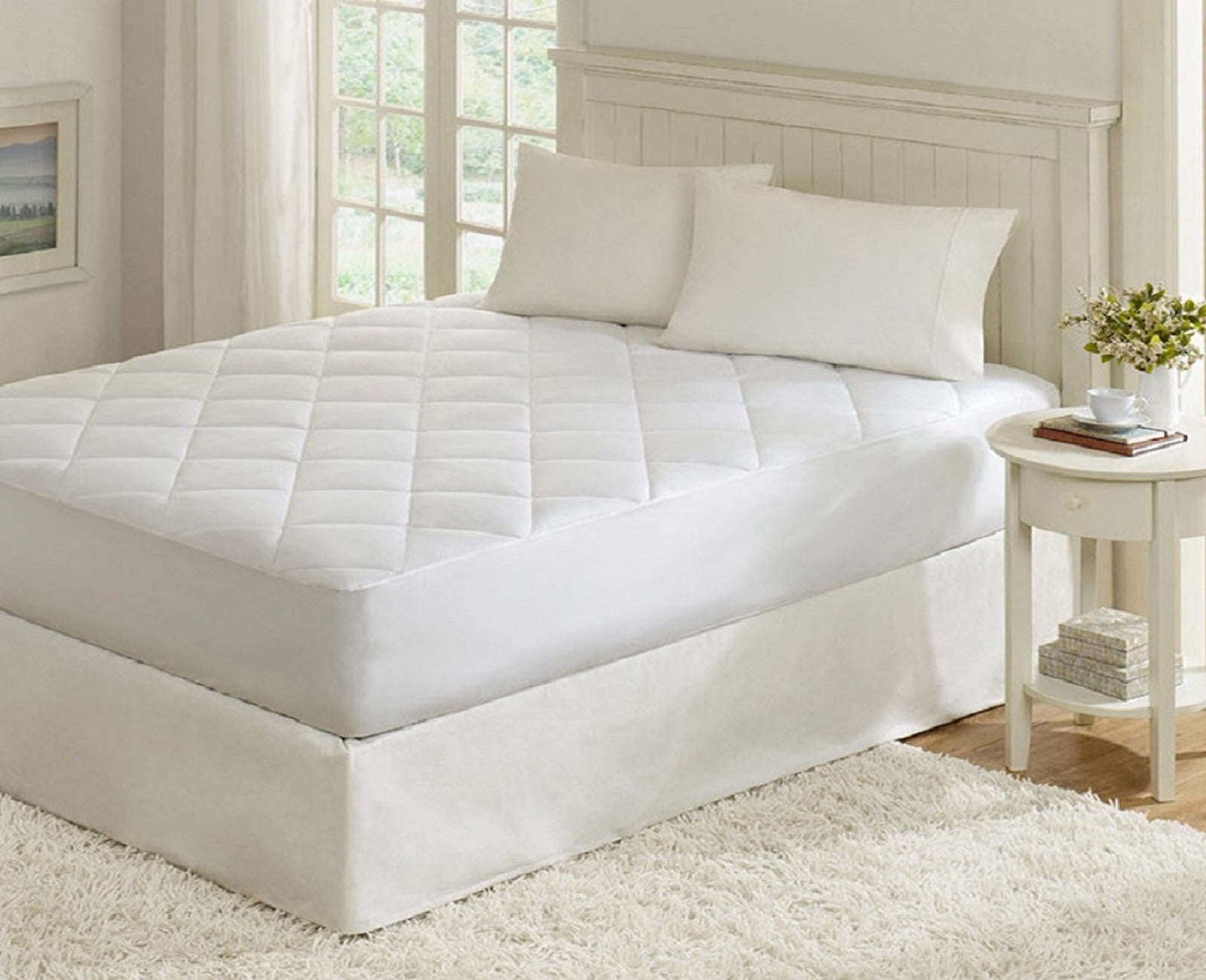

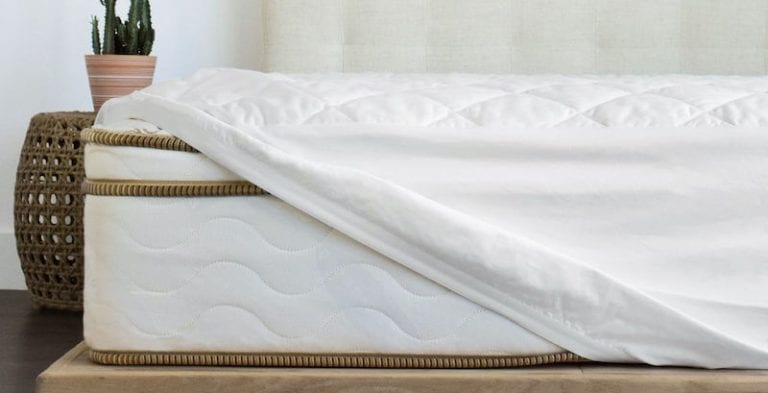






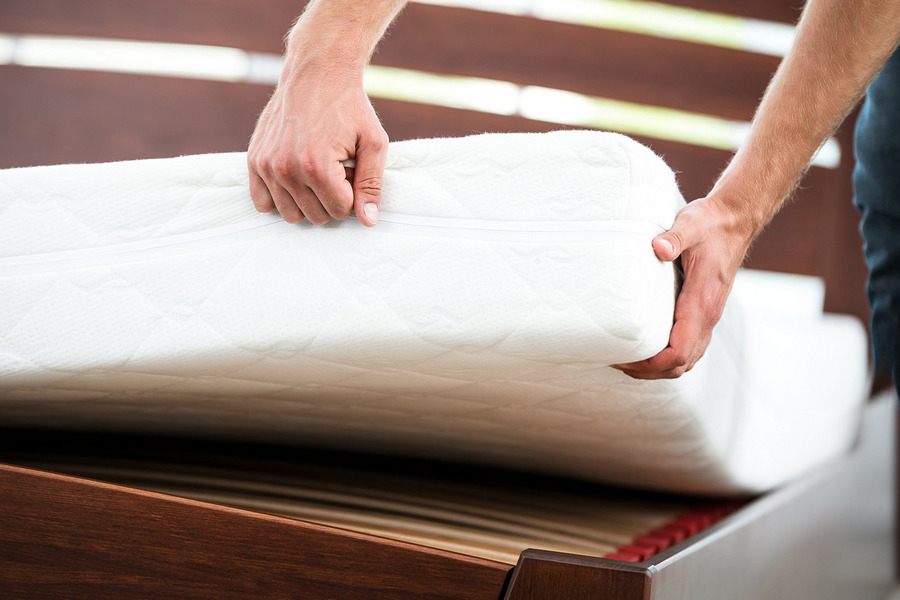



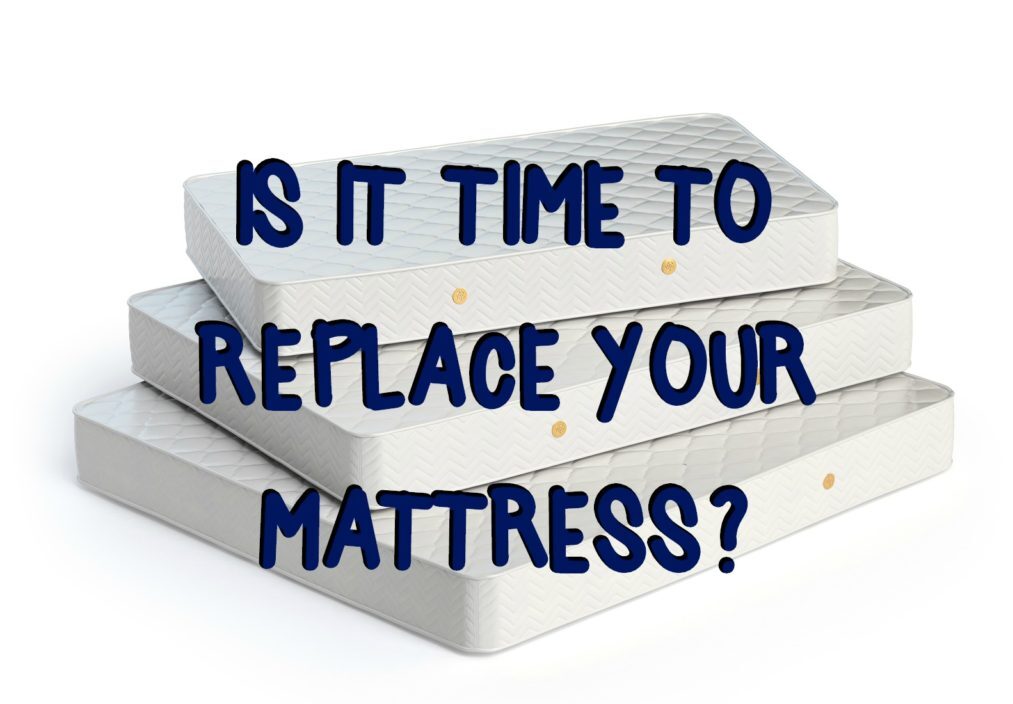


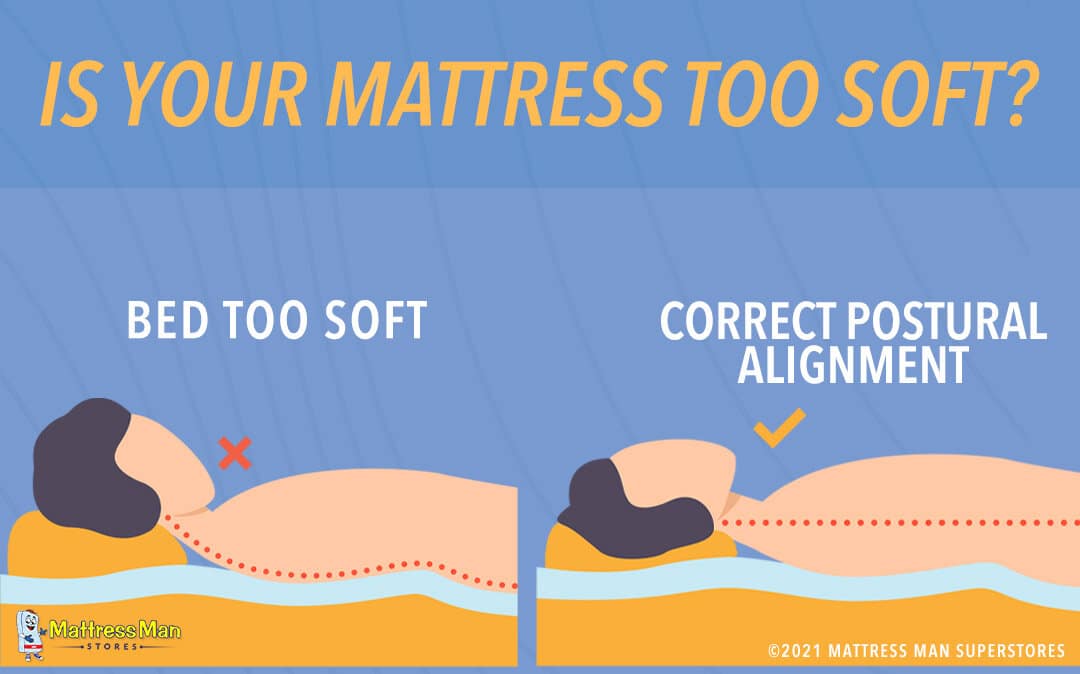

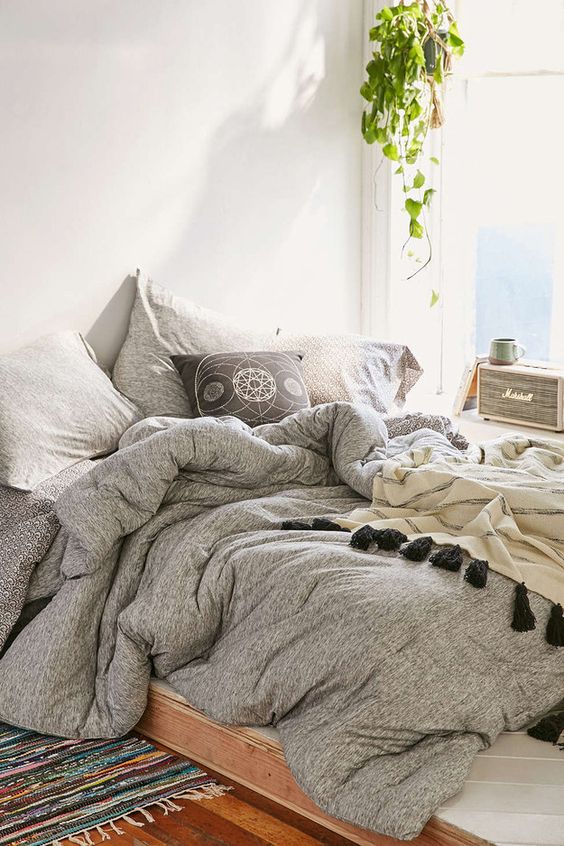





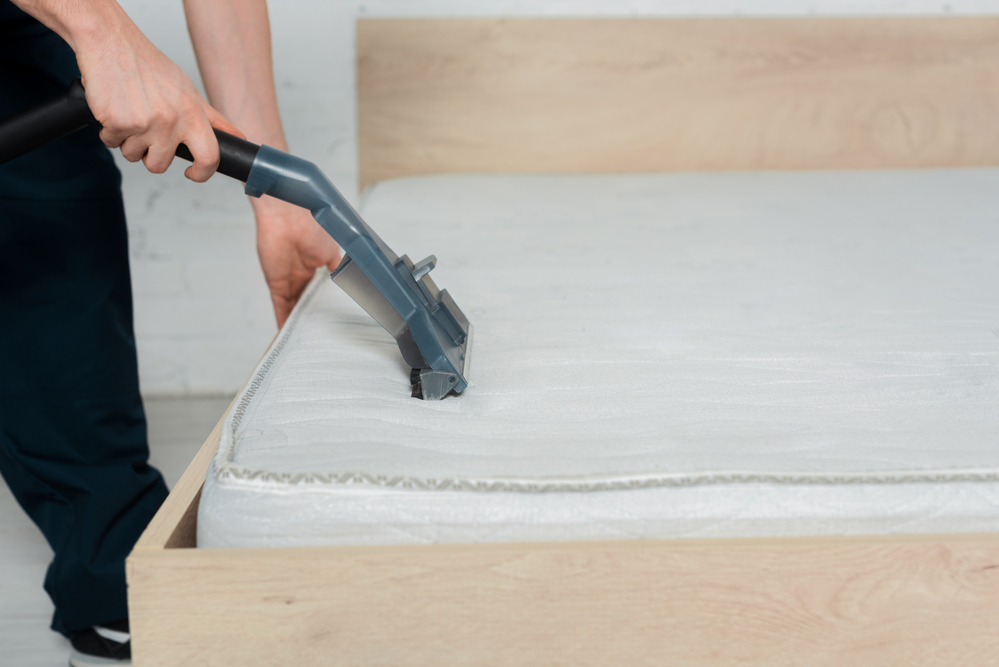








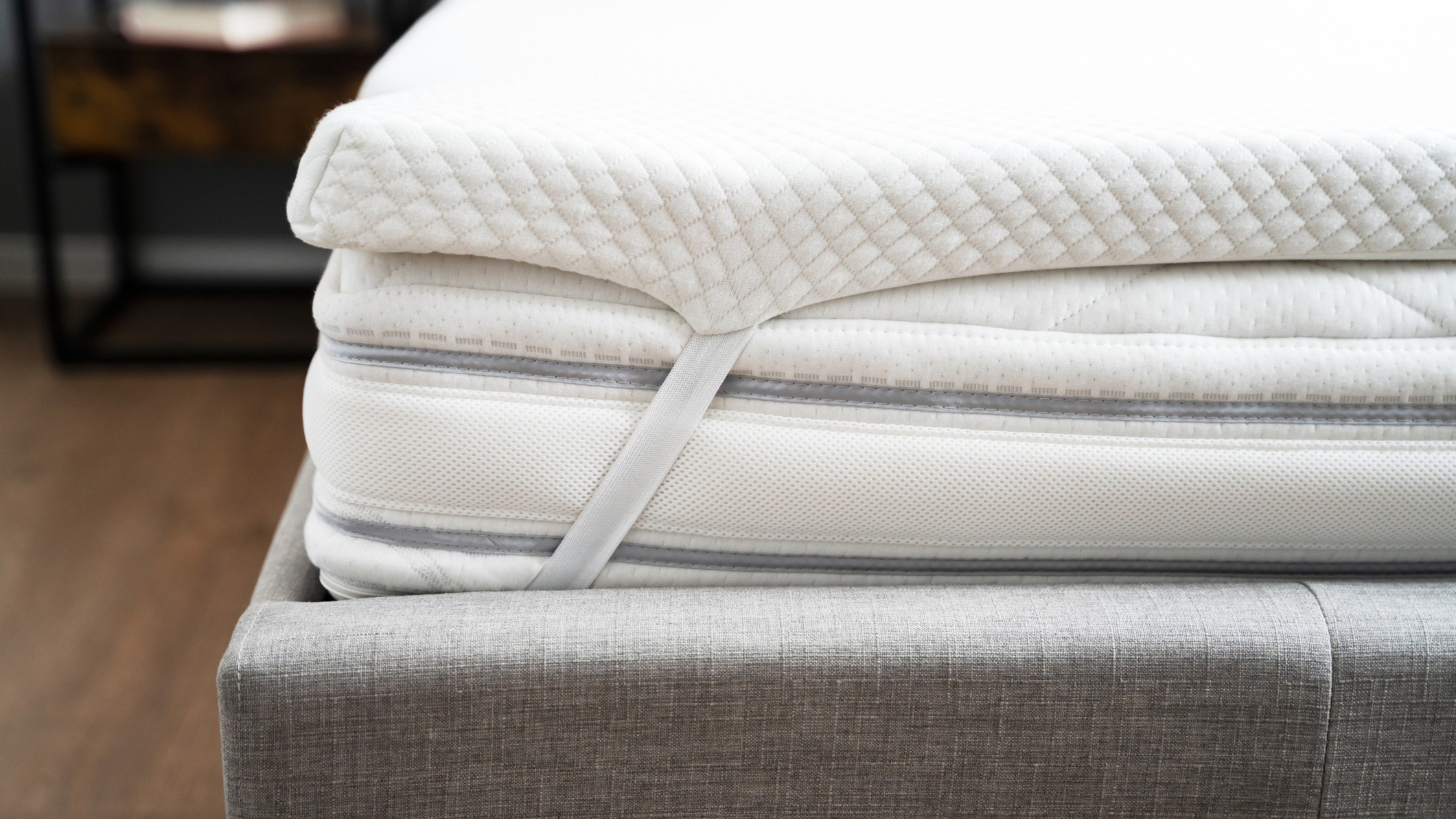
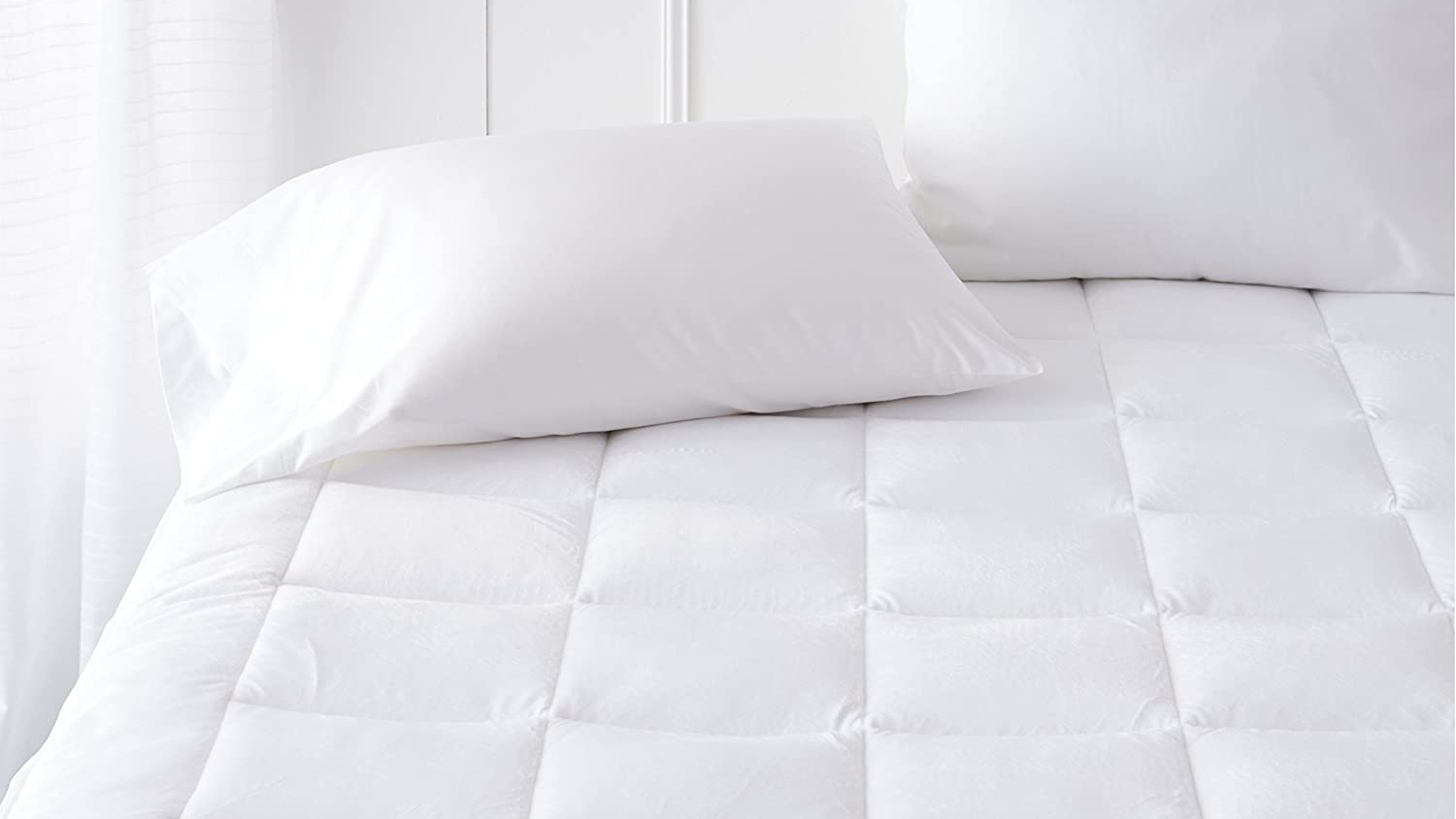


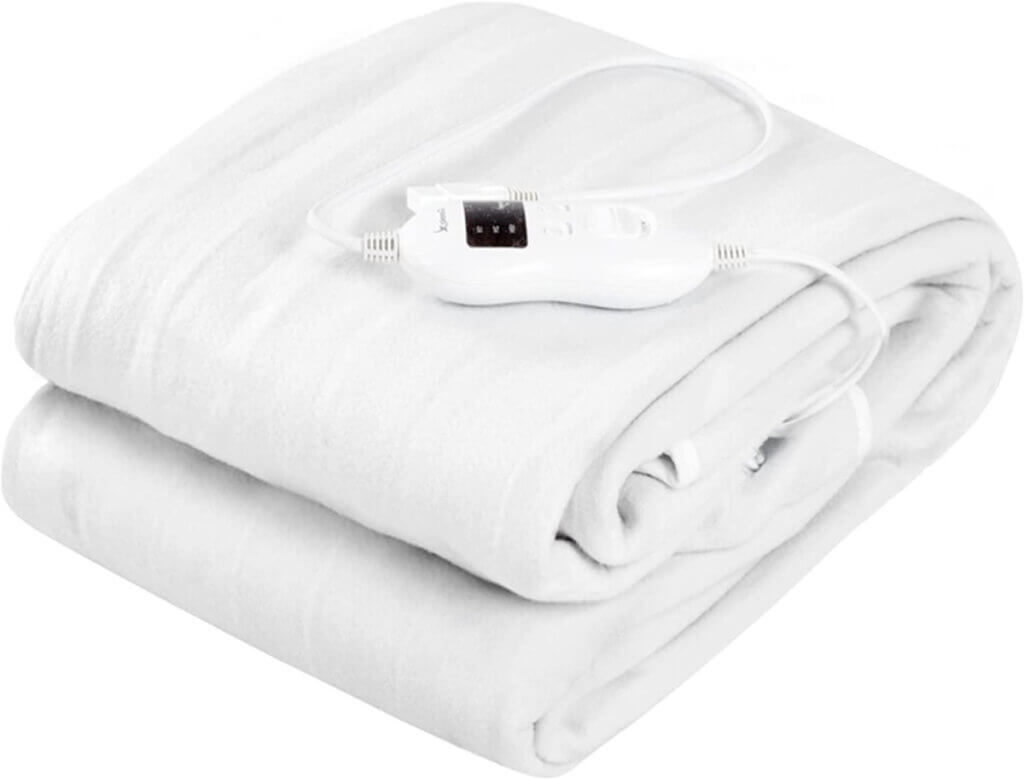





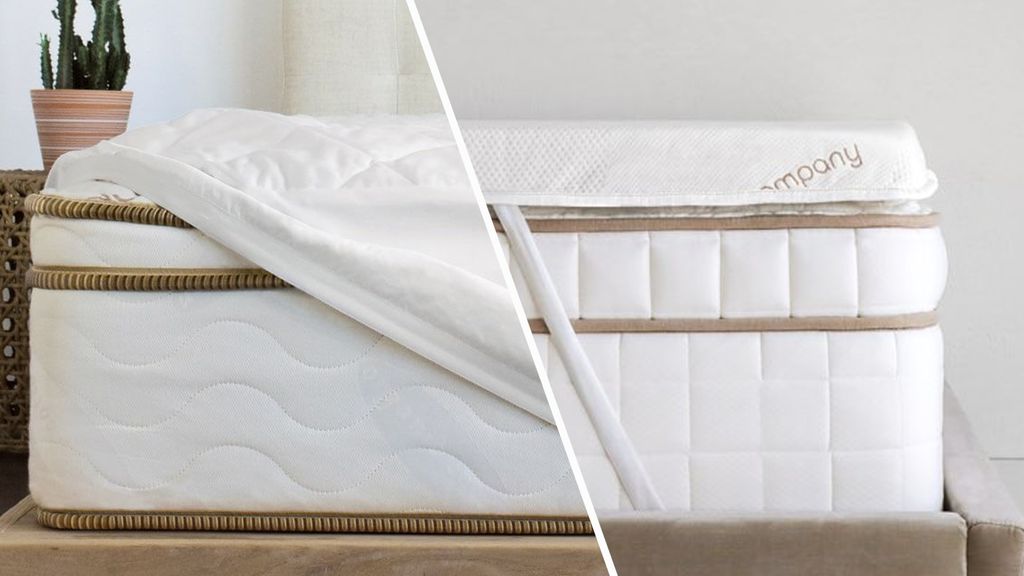
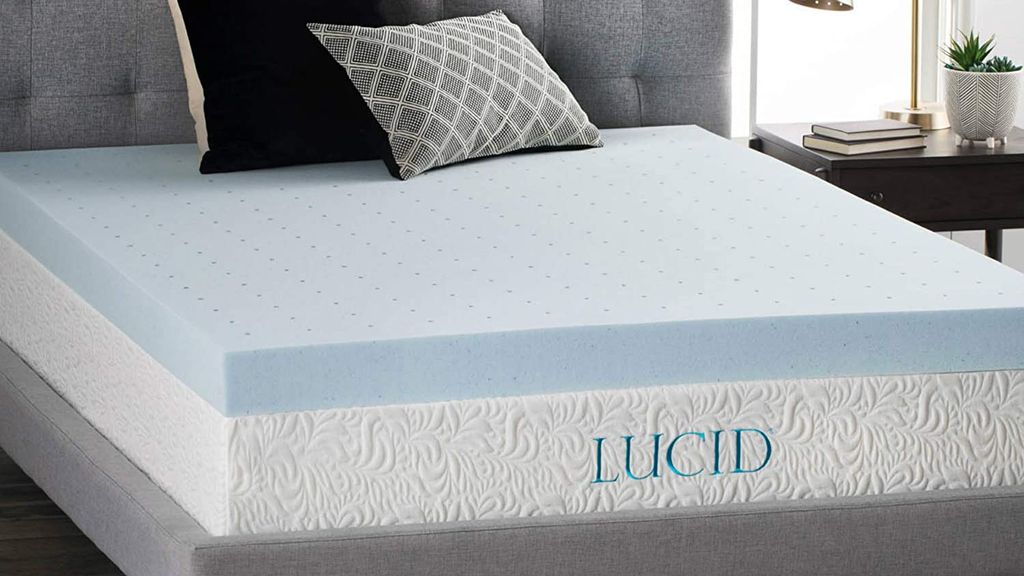


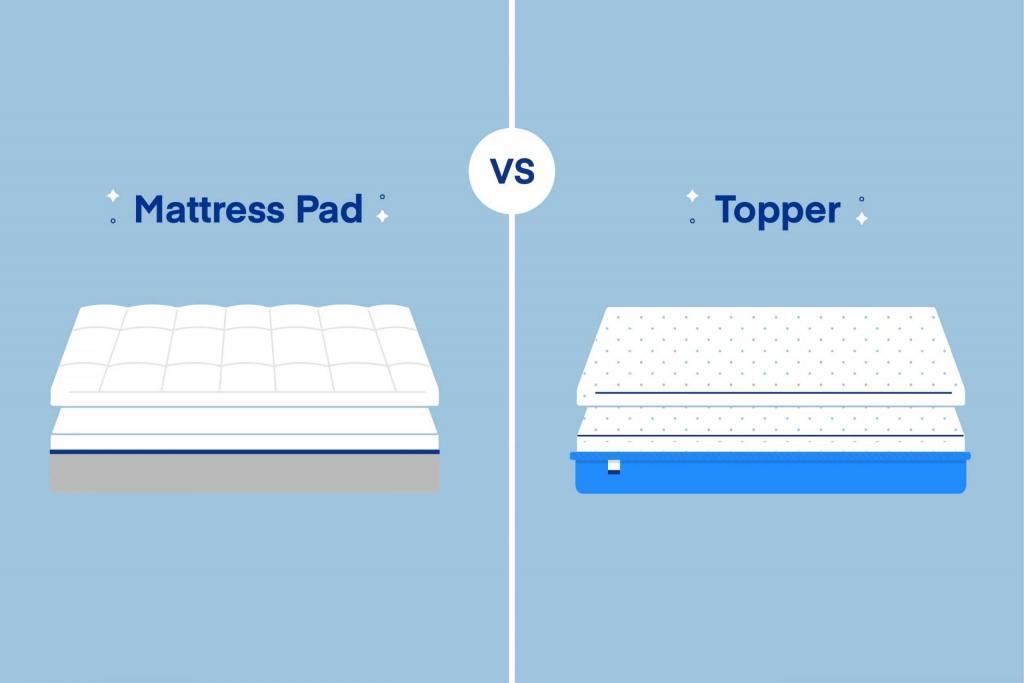
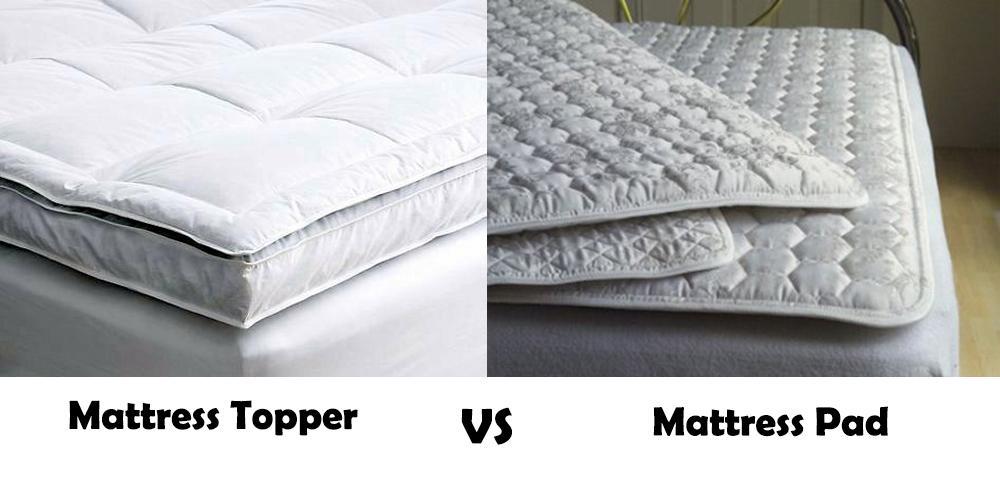
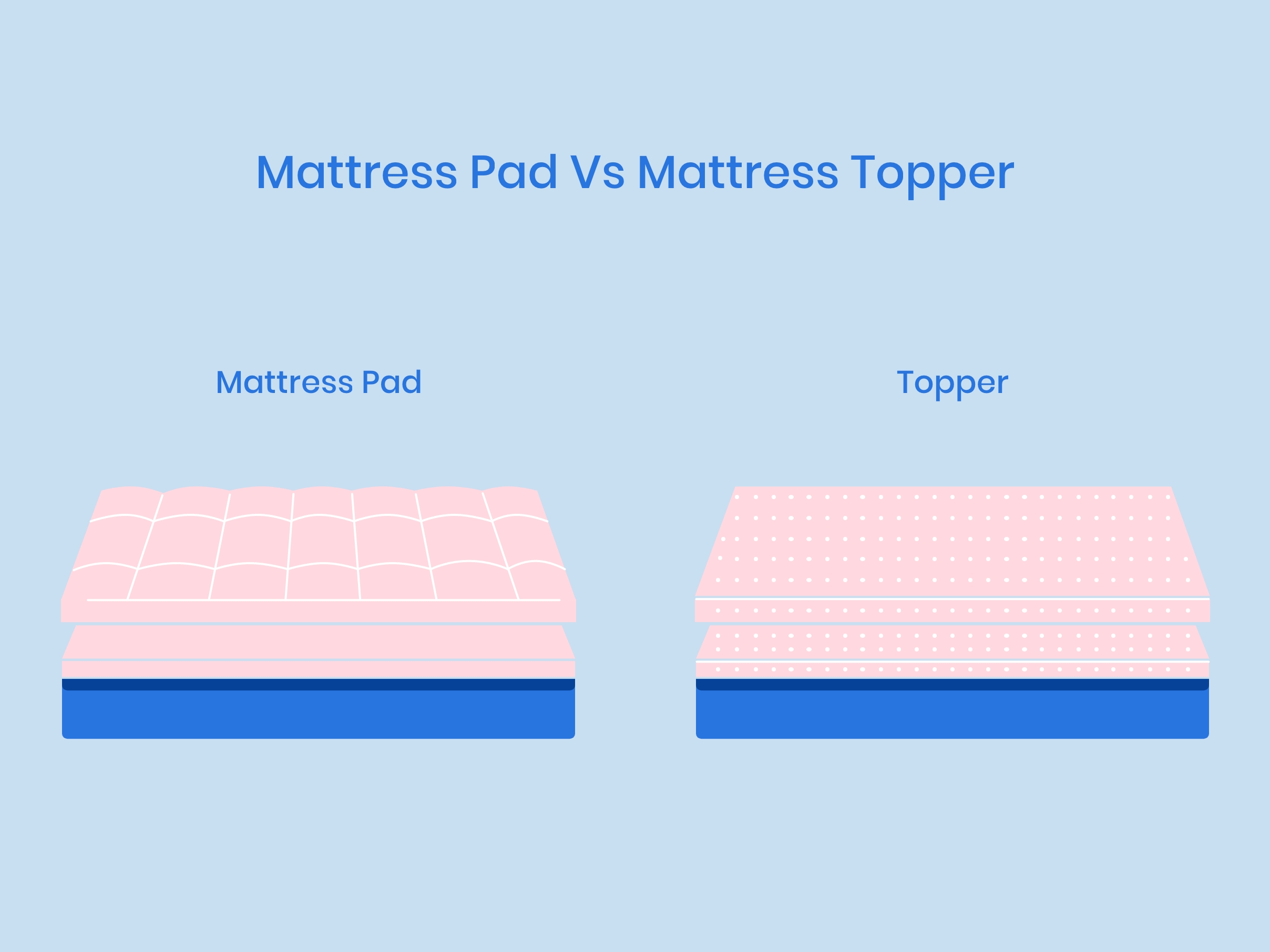
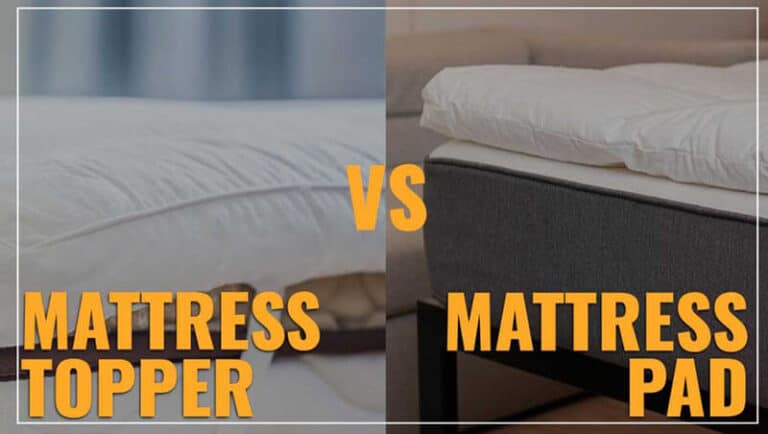
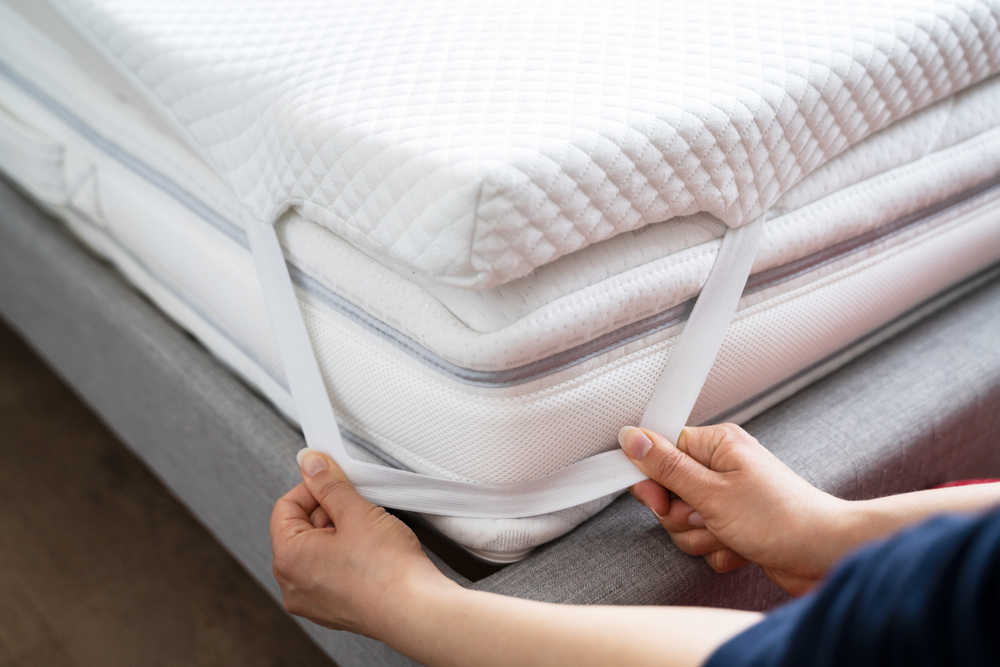
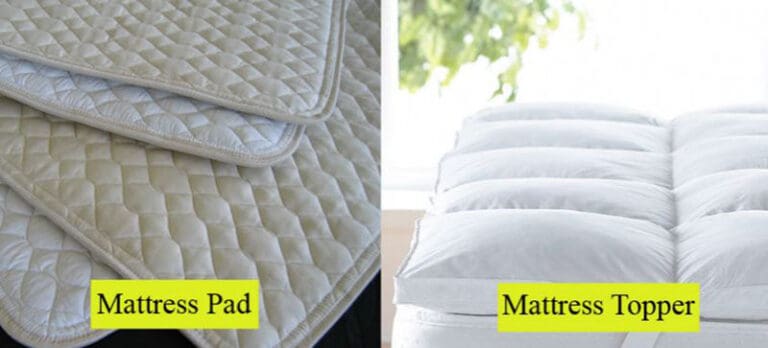

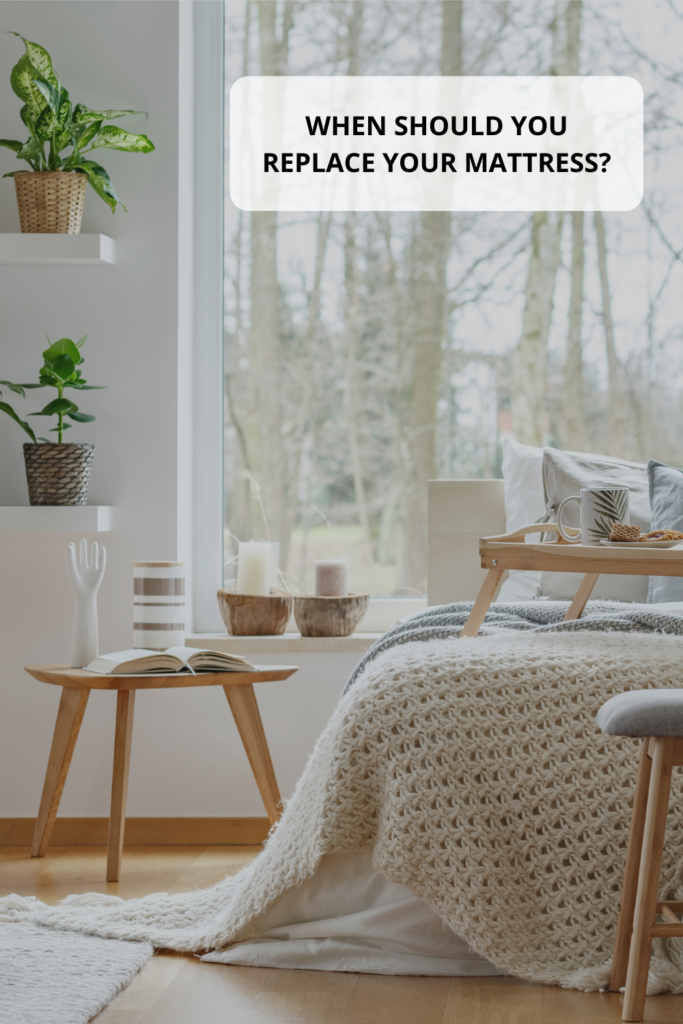








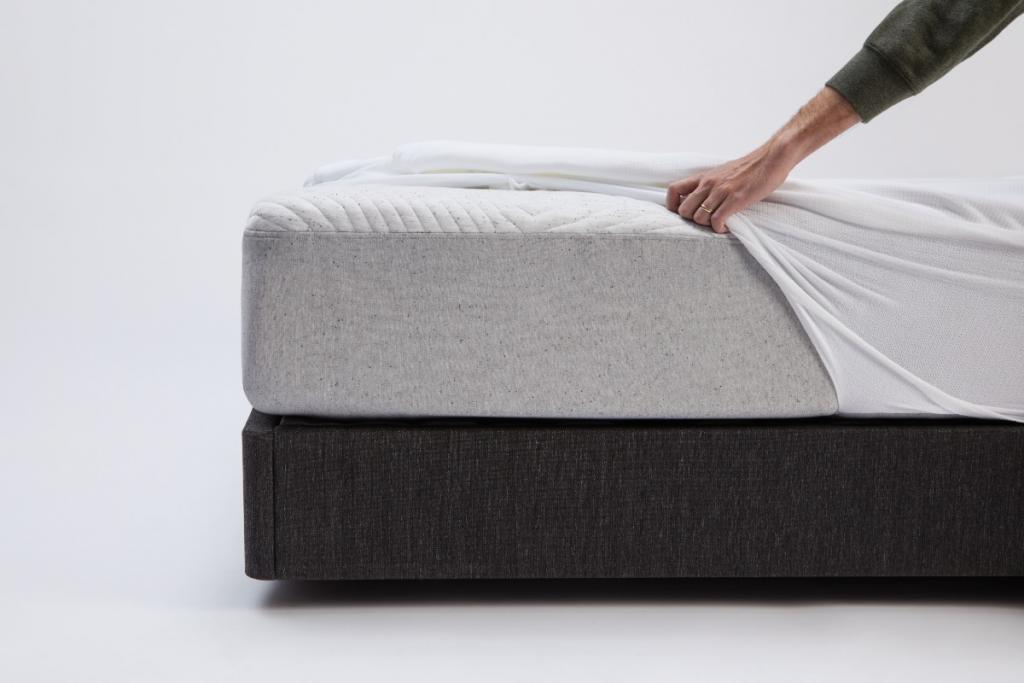




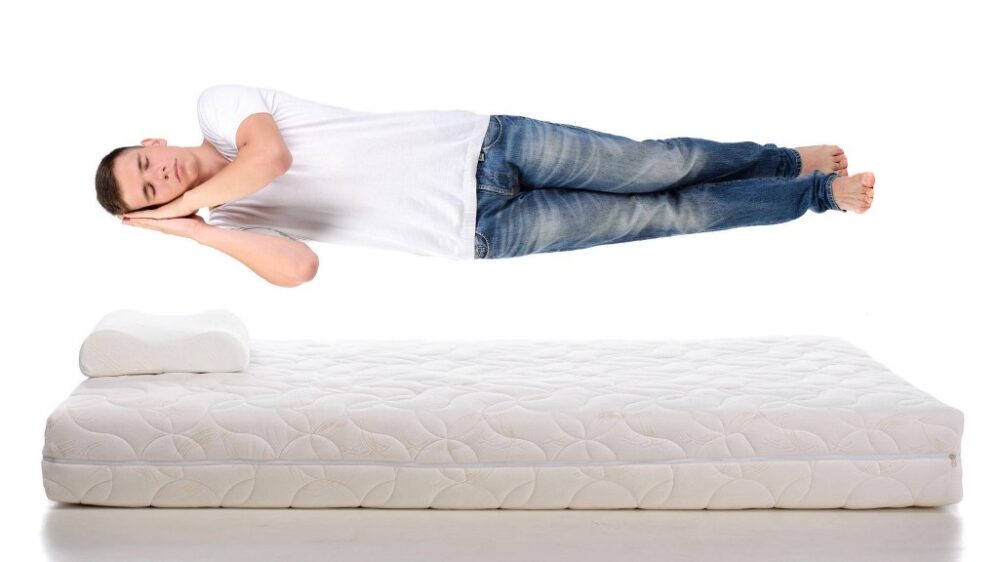


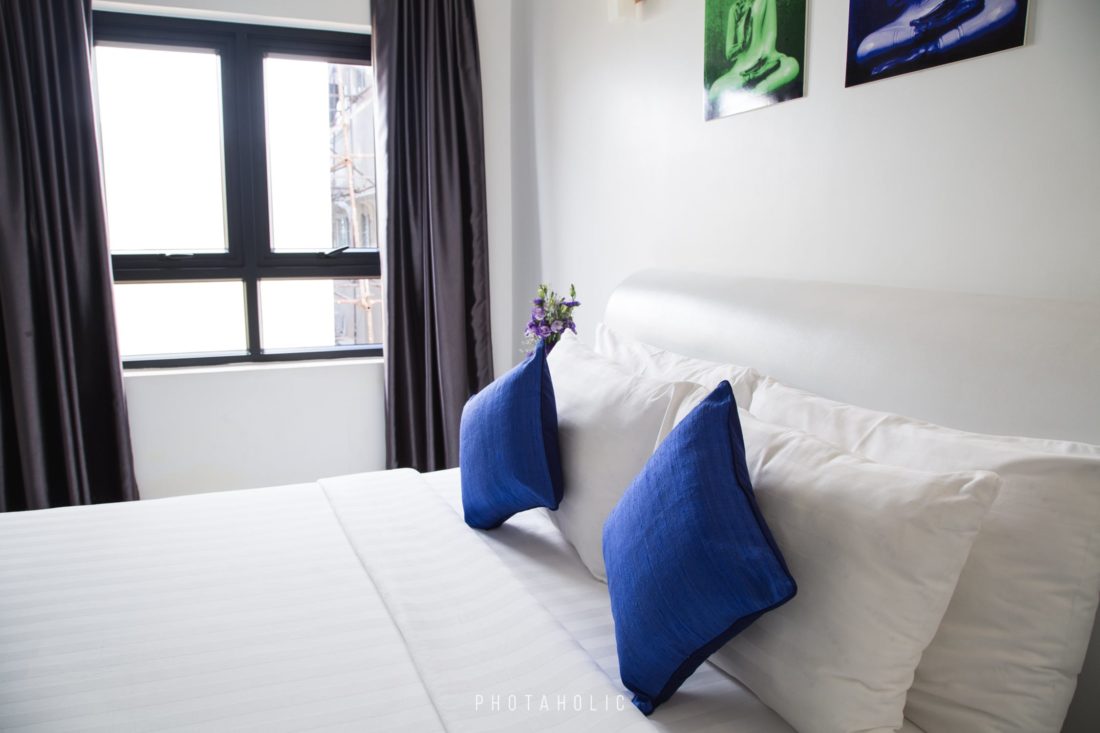


/GettyImages-183812306-56a4e8855f9b58b7d0d9d750.jpg)
